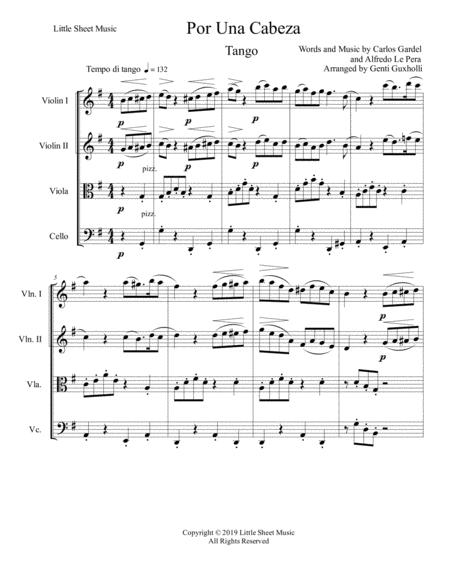

Such artists may lack the popular currency of Lamar, but they are not cloistered souls. Du Yun, Kate Soper, and Ashley Fure, the Pulitzer finalists in 2017-I served on the jury-make use, variously, of punk-rock vocals, instrumentally embroidered philosophical lectures, and architectural soundscapes. By century’s end, a composer could be a performance artist, a sound artist, a laptop conceptualist, or an avant-garde d.j. By the early fifties, Pierre Schaeffer and Pierre Henry were creating collages that incorporated recordings of train engines and other urban sounds Karlheinz Stockhausen was assisting in the invention of synthesized sound John Cage was convening ensembles of radios. Within classical composition, meanwhile, activity on the outer edges had further blurred the job description. In 1965, a jury tried to give a Pulitzer to Duke Ellington, but the board refused. But that definition was always suspect: it excluded jazz composers, whose tradition combines notation and improvisation. Circa 1950, this was understood to mean writing a score for others to perform, whether in the guise of the dissonant hymns of Charles Ives or the spacious Americana of Aaron Copland. Lamar’s win made me think about the changing nature of “distinguished musical composition,” to use the Pulitzer’s crusty term.

The thirty-one-year-old composer Michael Gilbertson, who was a finalist this year, told Slate, “I never thought my string quartet and an album by Kendrick Lamar would be in the same category.

Lamar’s victory, for his moodily propulsive album “ damn.,” elicited some reactionary fuming-one irate commenter said that his tracks were “ neurologically divergent from music”-as well as enthusiastic assent from younger generations. Not until 1997 did a nominal outsider-the jazz trumpeter and composer Wynton Marsalis-receive a nod. Composers in the classical tradition have effectively monopolized the prize since its inception, in 1943. When the hip-hop artist Kendrick Lamar won the 2018 Pulitzer Prize for Music, in April, reactions in the classical-music world ranged from panic to glee. This content can also be viewed on the site it originates from.


 0 kommentar(er)
0 kommentar(er)
